K1 Pro Display Interface Description
The K1 Pro motherboard supports HDMI and MIPI DSI2 interface-defined LCD displays as graphical output interfaces.
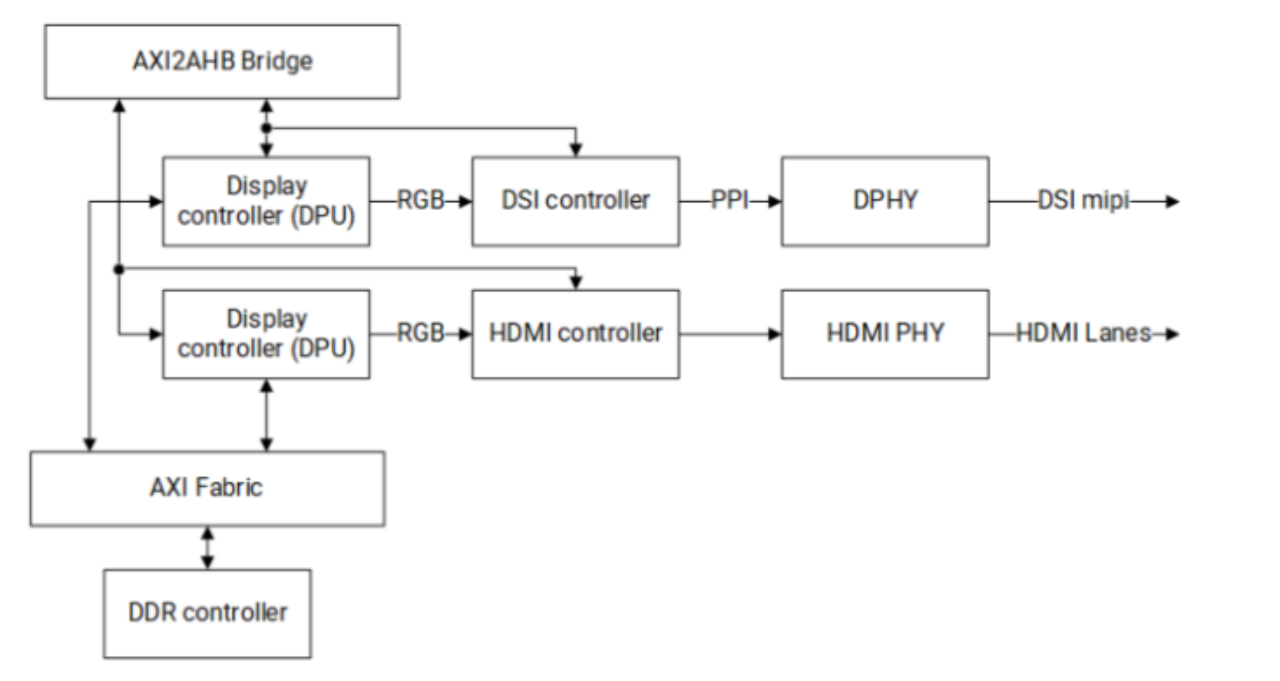
1. HDMI
High-Definition Multimedia Interface (HDMI) is a fully digital video and audio transmission interface that can transmit uncompressed audio and video signals. HDMI can be used in set-top boxes, DVD players, personal computers, TVs, game consoles, integrated amplifiers, digital audio, and TV devices. HDMI can transmit both audio and video signals simultaneously, greatly simplifying the installation complexity of system wiring.
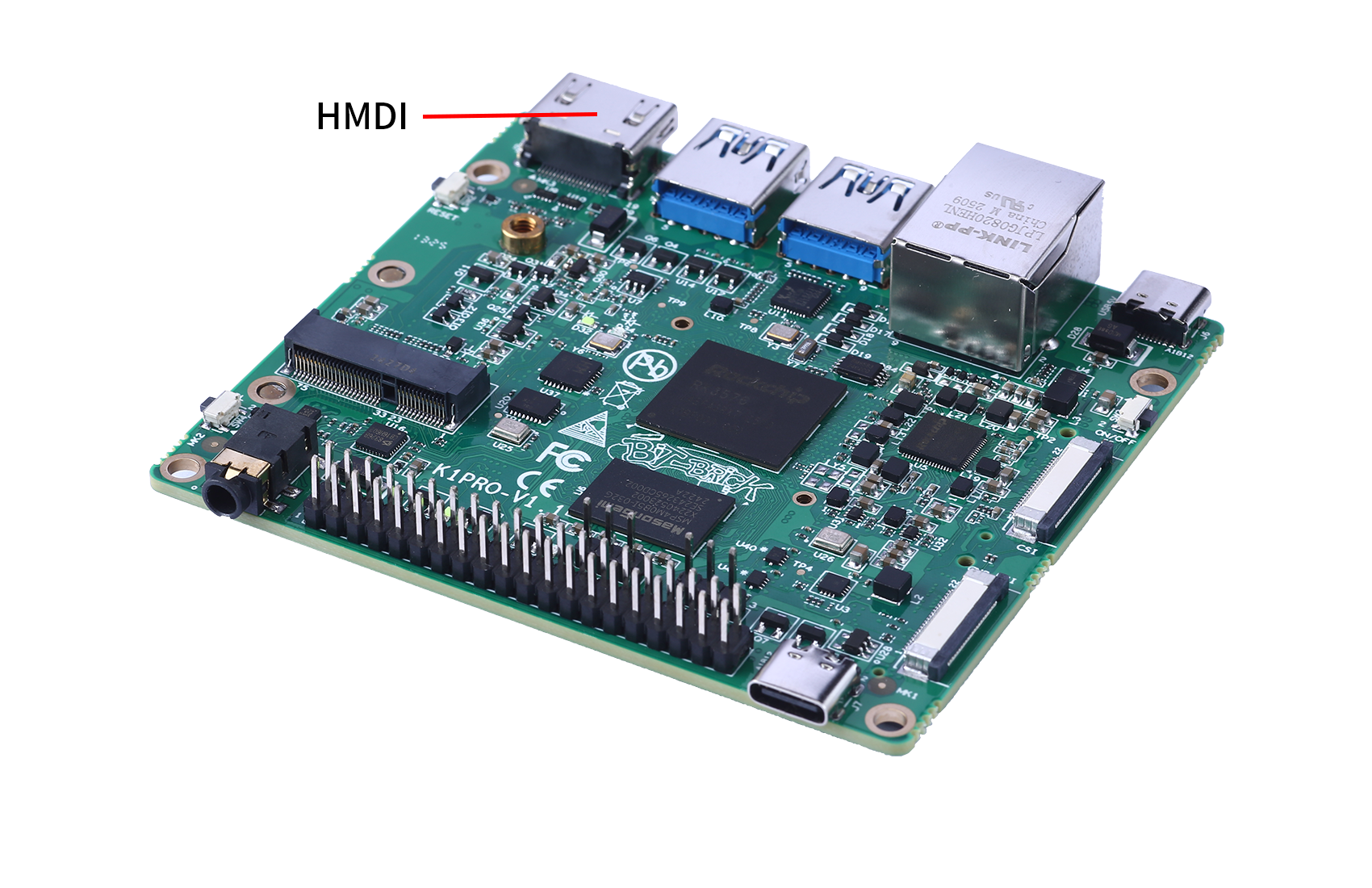
K1 Pro supports HDMI 2.1 version, with a maximum resolution of 4K@120fps. Its main features are as follows:
- Compliant with HDMI Specification v1.4
- HDMI v2.1
- Supports up to 4K@120Hz
- Output data format: RGB/YUV444/YUV422/YUV420 8/10-bit
- Supports CEC (Consumer Electronic Control) and ARC (Audio Return Channel)
- HDCP v2.3 and HDCP v1.4
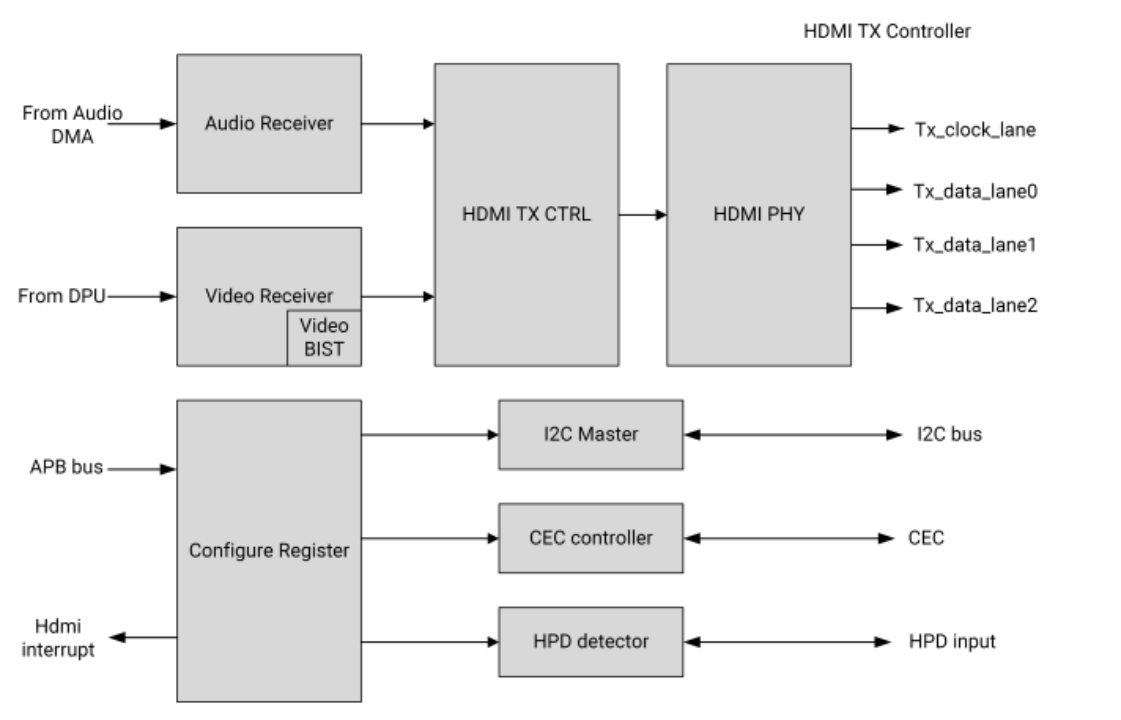
You can directly use a standard HDMI cable to connect the K1 and the monitor (if the display interface is not HDMI, you can purchase an HDMI converter, such as HDMI to DP, etc.).
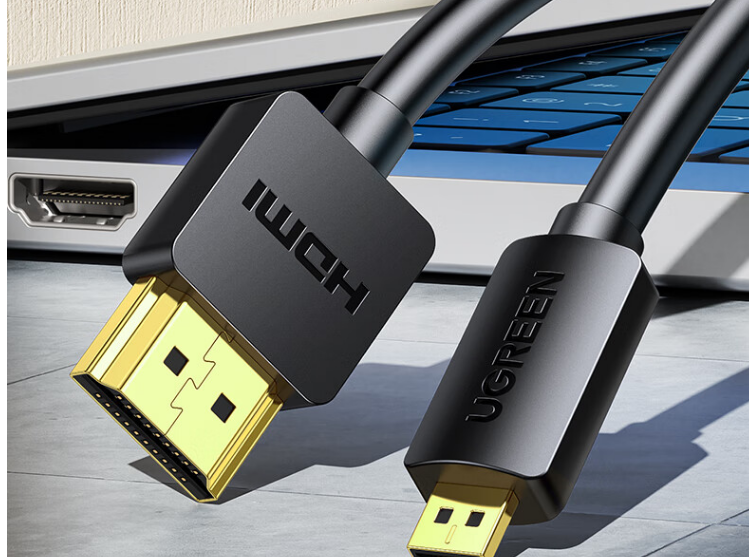
You can find more detailed information about HDMI from the following links:
2. MIPI DSI
The MIPI Alliance, or Mobile Industry Processor Interface Alliance, is an open standard and specification initiated by the MIPI Alliance for mobile application processors. It was established in 2003 by companies such as ARM, TI, ST, and Nokia. The MIPI protocol is widely used in various embedded imaging devices, such as smartphones, VR, smart wearables, etc. DSI is a high-speed interface between the processor and the display module.
For detailed specifications of MIPI DSI, refer to:
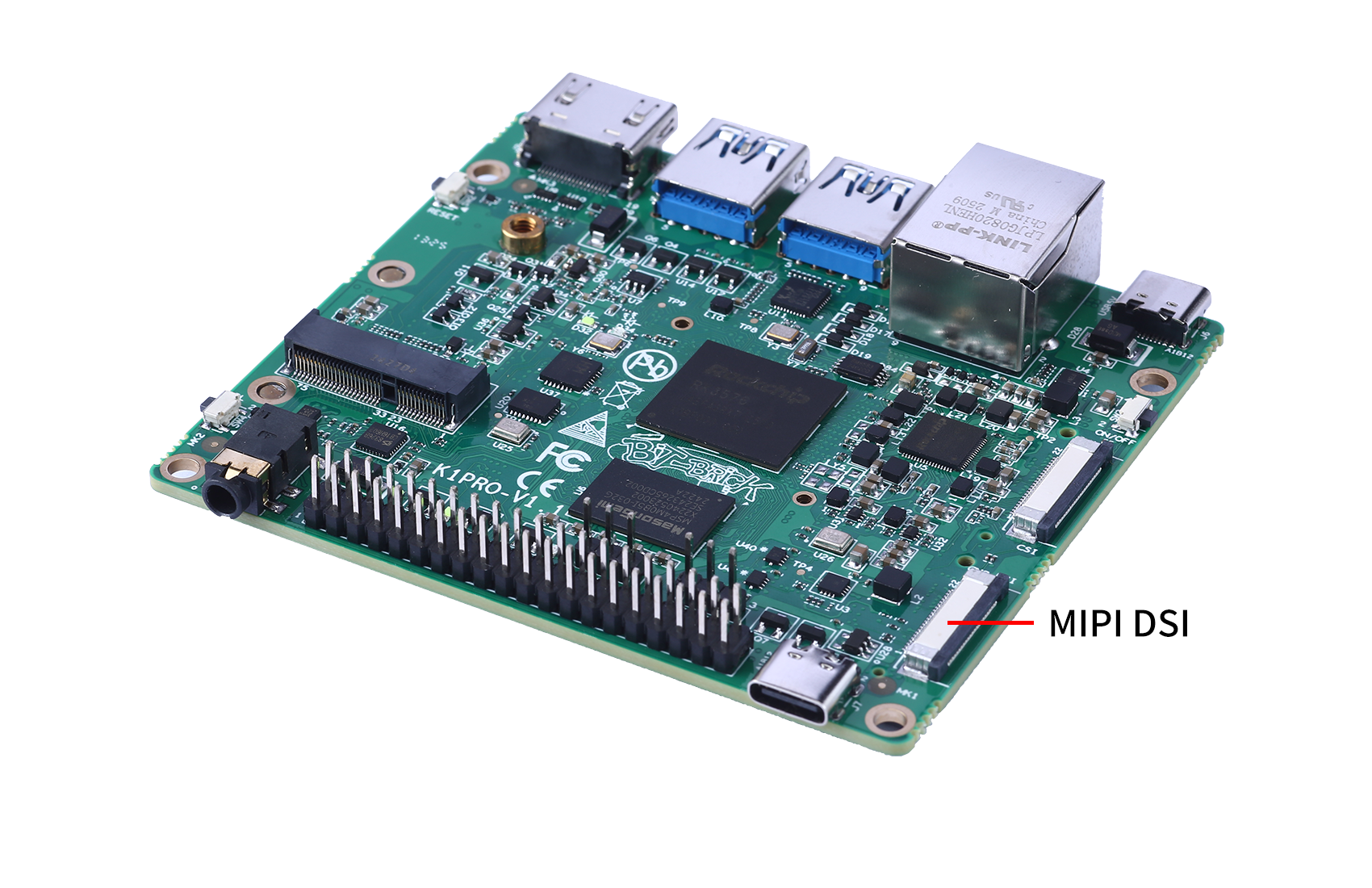
The K1 Pro motherboard integrates a display interface supporting MIPI DSI for screen display. Its features are as follows:
- One MIPI DSI-2 v1.1 interface with D-PHY v2.0 or C-PHY v1.1
- Supports 4 data lanes on D-PHY
- Supports 3 data trios on C-PHY
- Supports up to 2560x1600@60Hz
- Supports RGB (up to 10-bit) data format

